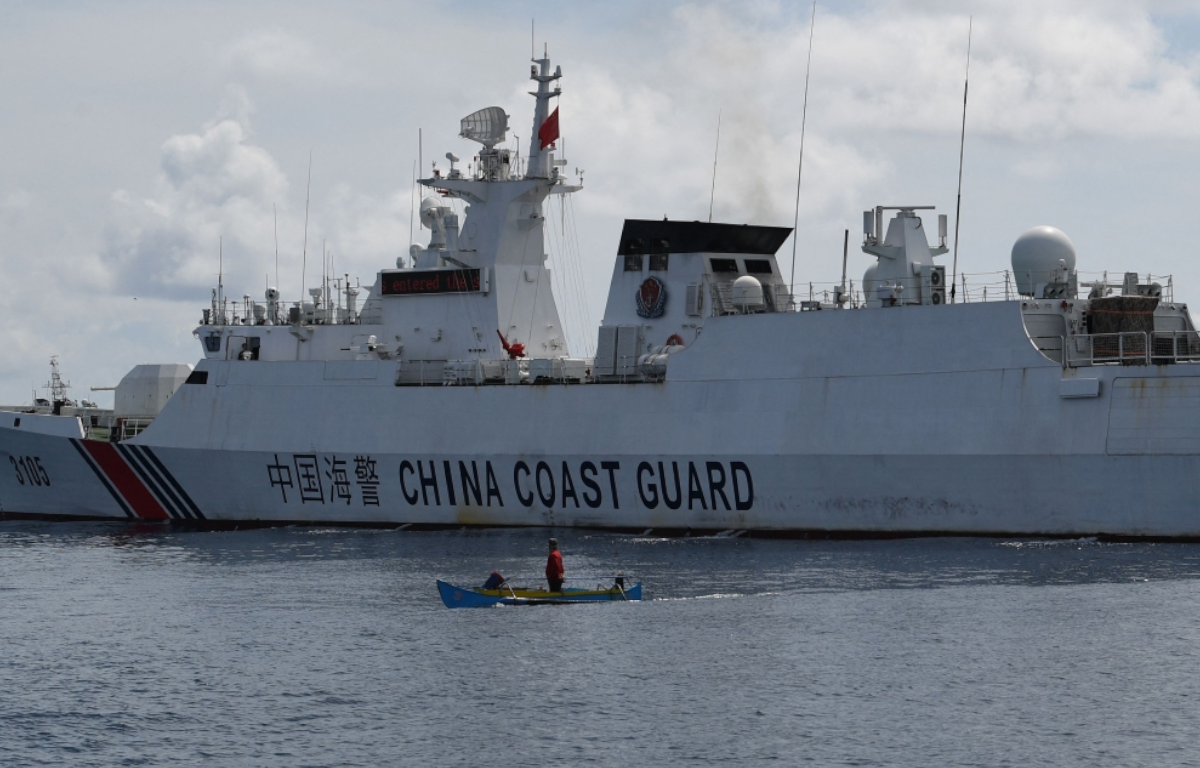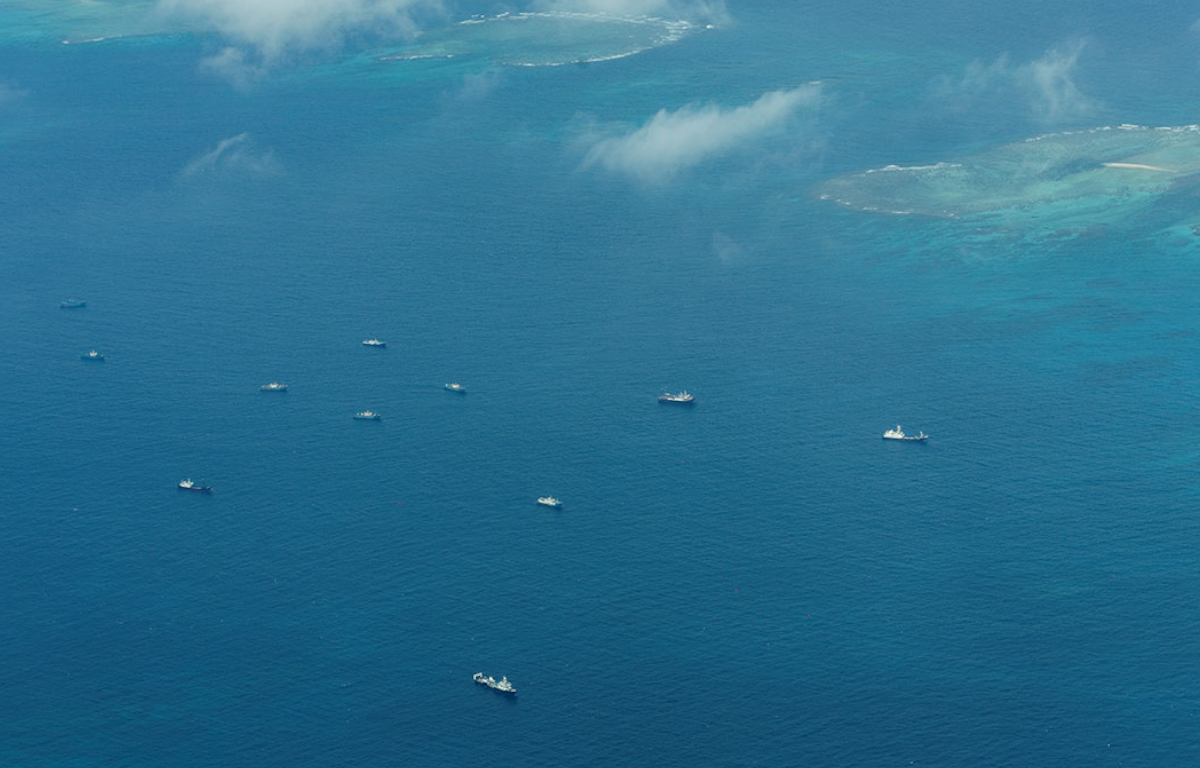
The Philippines’ policy towards the South China Sea tensions is rooted in the pursuit of diplomatic solutions. While asserting its claims and safeguarding its sovereignty, the Philippines has consistently advocated for peaceful negotiations and adherence to international law, primarily the United Nations Convention on the Law of the Sea (UNCLOS). This approach is reflective of the country’s commitment to maintaining regional stability and promoting a rules-based international order.
Economic factors also play a significant role in the Philippines’ approach. China is a major trading partner and a significant source of investment for the Philippines. Adopting an aggressive stance could potentially disrupt these economic ties, impacting the Philippines’ economic growth and development. The country’s leadership recognizes the importance of balancing its national interests with economic realities, making diplomatic solutions a more appealing option.
The Philippines is not alone in its pursuit of diplomatic solutions. The country actively engages in multilateral platforms, such as the Association of Southeast Asian Nations (ASEAN), to collectively address regional security challenges. The ASEAN-led approach aims to establish a Code of Conduct (COC) in the South China Sea, fostering a framework for peaceful resolution and reducing the risk of conflict. The Philippines’ participation in such efforts underscores its commitment to addressing the issue through collaborative channels.
The Philippines’ approach is also influenced by international support. Many nations, including the United States and its allies, advocate for a peaceful resolution to the South China Sea disputes. The Philippines leverages this support to reinforce its diplomatic efforts and encourage Beijing to engage in constructive dialogue. International backing bolsters the Philippines’ position and underscores the importance of adhering to international law and norms.
The Philippines’ decision not to adopt a ‘war footing’ with Beijing despite South China Sea tensions has broader implications for regional stability. By prioritizing diplomacy, the country sets an example for other claimant states, encouraging a peaceful approach to dispute resolution. This stance helps reduce the risk of military escalation and fosters an environment conducive to economic growth and cooperation in the region.
The Philippines’ approach to the South China Sea tensions highlights its commitment to diplomatic solutions, regional stability, and economic considerations. By advocating for peaceful negotiations, participating in multilateral efforts, and leveraging international support, the country demonstrates a nuanced approach to a complex and sensitive issue. This approach not only reflects the Philippines’ dedication to upholding international law but also contributes to the broader goal of maintaining peace and stability in the South China Sea region.










Share this: